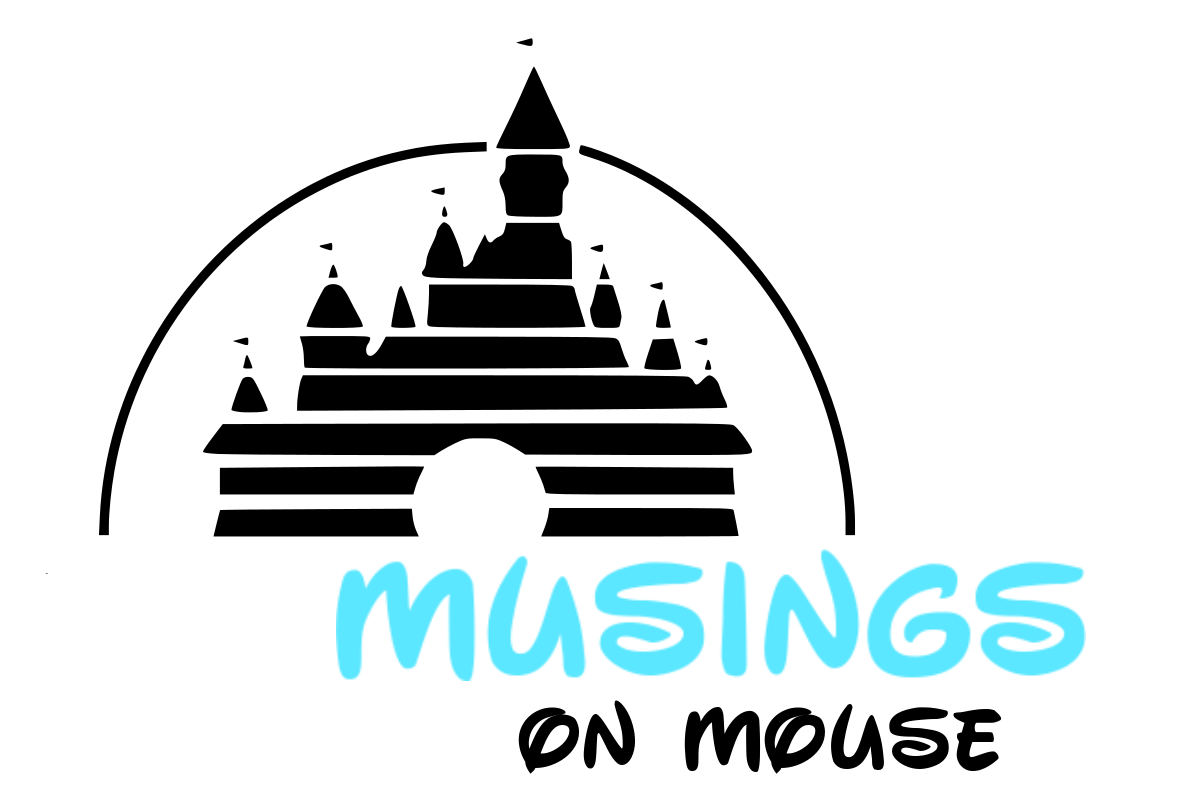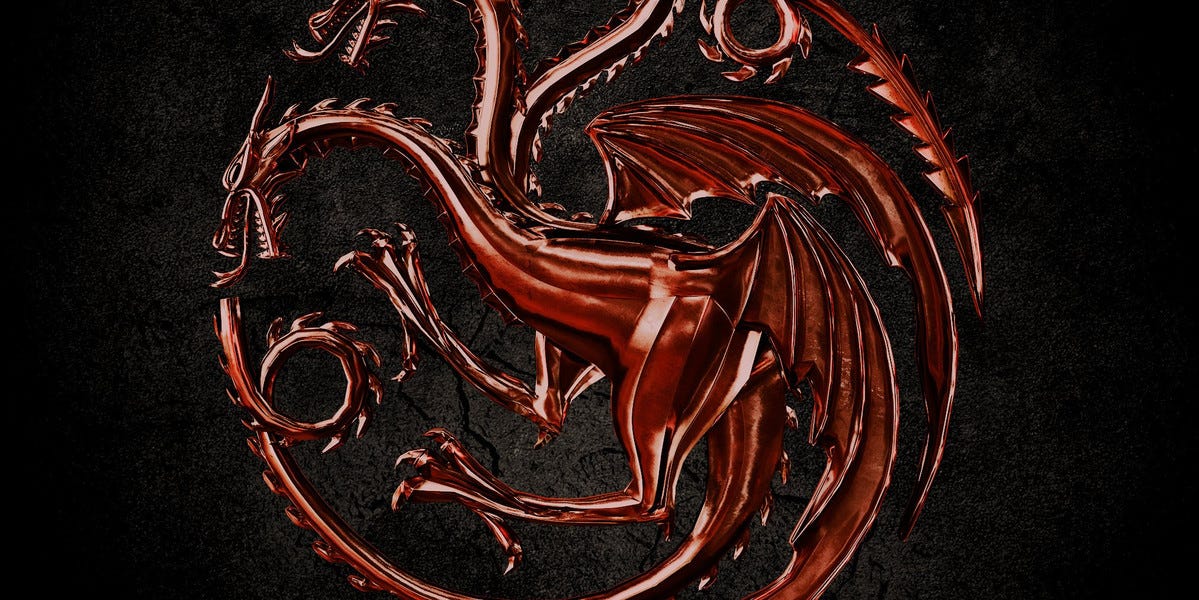I was wrong about Disney shifting every movie in 2021 to Disney+, but I wasn’t upset about what followed. Instead, Disney used a four-hour mega event dedicated to its streaming future to announce that a number of its live-action adaptations and a Pixar original will move to Disney Plus in either one of two ways: as “free” titles included in the monthly subscription fee, or as a $30 Premier Access title. Others, like Black Widow and Jungle Cruise will still premiere exclusively in theaters first. The key, CEO Bob Chapek told analysts afterward, is having that flexibility.
“We had $13 billion at the box office last year,” Chapek said. “Obviously, that’s nothing to sneeze at.”
Disney is a rare studio where flexibility means executives can play nicely with theater exhibitioners while also keeping up a supply of movies to Disney+. Let’s examine 2019. Disney released 16 movies theatrically. With the exception of two major duds — Dark Phoenix and Dumbo — Disney had a string of solid guaranteed hits. Avengers: Endgame, Captain Marvel, Star Wars: Rise of Skywalker, Frozen 2, The Lion King, Toy Story 4, and Aladdin. Even movies it acquired as part of its 21st Century Fox deal did their part; Ford v Ferrari earned $225.5 million and, more importantly, was nominated for four Oscar awards, and won two.
While 2019 was a rare year even for a powerhouse company like Disney, the average box office success across all films is something the company can replicate through a flexible, hybrid model that will continue even when we’re in post-pandemic times. A movie like Dumbo that studio chiefs like Alan Horn and Sean Bailey, alongside new Media & Entertainment chief Kareem Daniel, are unsure will perform well at the box office, goes to Disney+. Hulu will also develop and premiere films from 20th Century and Searchlight, ideally bringing prestige films to Hulu’s audience, while award show contenders go to theaters. But a new Avengers-like installment in the MCU or Patty Jenkins’ Rogue Squadron Star Wars movie will still go to theaters.
As such, tens to hundreds of millions of dollars that Disney spends on marketing its theatrical releases shrinks considerably. The pipeline of content supplied to Disney+ increased. People spending $7 a month (soon to be $8) feel like they’re getting the most out of their subscription. In a Netflix-dominated world, where consumers are accustomed to something new and splashy every single week, going a month or more without a shiny new title is noticeable and hard to reconcile.
Theatrical releases are also super integral to Disney’s business, specifically. Over the last several decades, the theatrical industry has irrevocably changed — but Disney is one of the last studios it still works for. To revisit data from analyst and venture capitalist Matthew Ball, in 2019, movie theater attendance per capita was at a century low, the number of young people going to theaters throughout the year is declining (despite this being the bracket that consumes the most content), and more than half of “frequent” moviegoers have stopped going as much.
That sounds bad, but by 2020, Disney had eclipsed every other studio’s box office market share. Marvel, Star Wars, Pixar, and Disney’s live-action/animation divisions were undeniably what audiences were turning up to pay for en masse. The Marvel Cinematic Universe alone was responsible for close to 16 percent of the domestic box office in 2019 alone. If people are going out to theaters less (they are) and watching fewer movies every given year (they are), the other reality is that what they’re going to watch is event, tentpole movies that can convince them it’s worth it to spend $40 at a theater instead of watching something good, for free, at home. One studio does that better than anyone: Disney.
But Disney isn’t making 17 Marvel and Star Wars movies a year, even if it feels like it to some people. And Disney is running out of classic animated films from its archives the studio can remake and guarantee a giant pay-day on. That’s why there’s a Lion King prequel, a Peter Pan spinoff, and bets on characters that are tied to the more celebrated films but aren’t direct remakes (Maleficent). Most of these don’t have to be box office gambles anymore, and that’s where Chapek’s flexibility statement comes in. Those movies can still be made (Disney is investing in more content, especially for its streamers), but they don’t run the risk of being box office bombs. Their new goal is to bring in subscribers and, more importantly, stop people from canceling. Don’t take my word, take Alan Horn’s.
“When we had films that I think are very, very good films — like McFarland, USA, Million Dollar Arm, and Queen of Katwe — we are very proud of them,” Horn told The Hollywood Reporter in February. “So if you take the criterion of quality and take that off the table, I will say that each of those films, despite that quality, lost money. But now, I can say to Sean Bailey, ‘Guess what? You can now make those films again because we don’t have to spend $30 million in marketing. I like that.”
Remember: If studios are making more movies, but they aren’t seeing the ROI they need at the box office, moving films that people are unlikely to go to a theater for to streaming platforms that help to generate recurring revenue through direct-to-consumer pathways is the best option.
With nearly 87 million subscribers and plans for a never ending stream of highly anticipated, franchise TV shows and movies, Disney can try and weather the remaining storm a little bit longer. It won’t be easy. Theme park revenue has catastrophically plummeted, there is effectively no studio revenue coming in, and Disney Plus won’t be profitable until the end of fiscal 2024, with predictions that it will amass the most costs in fiscal 2021.
Still, Disney’s streaming services are growing faster than they anticipated. 2021 will play host to several highly anticipated shows that will keep people from canceling. Moving some titles over and holding the others until theaters are at a point where they can re-open for large audiences around the world (don’t be surprised if Black Widow is delayed again if vaccines aren’t delivered in high enough volumes) works for Disney because the company’s entire ecosystem works. As I wrote over at The Verge, they can do this because they’re Disney and they’re Disney because they can do this.
Ok — so what about Warner Bros.? Why is WarnerMedia and Warner Bros. shifting all of its 2021 films to hybrid releases instead of a few like Disney is, meaning they’ll debut on HBO Max the same day movies are released in theaters? Without getting into the talent side of the equation, which is vitally important but deserves an entire newsletter and more research on my part, there are a few key points we can gleam right now:
HBO Max is likely not growing as fast as WarnerMedia needs, despite executives saying otherwise
AT&T is trying to pay down a massive $150 billion-plus debt made worse by the acquisition of Time Warner
HBO Max doesn’t have an incoming slate of major franchise shows to draw in subscribers
Warner Bros. 2021 slate is pretty weak
The Tenet lesson
A quick reminder of what we know about HBO Max: the service has just over 8.6 million activations, but around 30 million “subscribers.” This means that of all the people who are eligible for HBO Max via free upgrades through their HBO subscriptions or however else, less than 10 million people have switched over. Even fewer are new subscribers signing up. This is partially driven by a confusing rollout (most people I talk to aren’t aware of the difference between HBO Now and HBO Max, and at least two people asked me if they get that with HBO Go. I didn’t have the heart to tell them HBO Go isn’t a thing anymore). It’s also partially driven by a high price point, and by awkward marketing alongside the service not being available on major aggregators like Roku.
Executives like AT&T CEO John Stankey and WarnerMedia CEO Jason Kilar have publicly rebutted claims that HBO Max isn’t growing as fast as the company needs. Fine. In fairness to them, maybe it’s growing at a rate they’re okay with, but it’s not growing fast enough for shareholders and investors. When former AT&T CEO Randall Stephenson and Stankey (then AT&T COO) bet on diving into the media market, they spent close to $200 billion on DirecTV and Time Warner to do so. Somewhat driven by the idea that vertical integration of the media and entertainment companies would help AT&T sell phone plans and internet bundles, they banked a big part of their future on owning these companies.
It was a controversial move. Activist investment group Elliott Management wrote a scathing open letter to AT&T in 2019, specifically calling out the misguided decision to purchase DirecTV at a time when the business was nosediving, and questioned the overall plan for AT&T’s Time Warner acquisition. The firm argued that “after $109 billion and three years, we should be seeing some manifestations of the clear strategic benefits by now.”
Those “clear strategic benefits” are supposed to be HBO Max. It’s a streaming-first moment. Netflix and Disney are seeing massive success with their plans, and companies like Amazon and Apple are investing in the industry as a way to sell overall service plans (Amazon Prime, Apple One).
HBO Max is the “clear strategic” bet that WarnerMedia and AT&T needs to pay off. The company is already divesting of WarnerMedia parts it doesn’t need (Crunchyroll was sold to Sony for $1.175 billion, and there are rumors that WarnerMedia could sell off CNN to the right buyer) but it’s still facing a $150 billion debt load that executives need to start proving to shareholders it’s clear strategy is paying off. That comes in the form of subscriber growth and retention.
The irony is that HBO Max is one of the better streaming services available right now from a content library perspective. It’s phenomenal, but it’s getting people in the door that’s tricky. As Stankey told analysts during a recent earnings call, “The customer acquisition game is an Originals game. The customer retention game in SVOD is a library game.”
Warner Bros. and WarnerMedia don’t have big, inevitable Harry Potter or DC shows to heavily market and bring in subscribers next year like Disney has for new Marvel and Star Wars shows directly related to the bigger cinematic universes. HBO’s Game of Thrones prequel, House of the Dragon, isn’t coming out to 2022 either. HBO will produce a slate of original series and roll out new seasons of returning shows, but HBO Max needs some major pizazz to get people excited about.
Enter its slate of 17 feature films to help out.
Look, we have to be brutally honest. Warner Bros.’ 2021 slate isn’t mind blowing. There’s no major DC movie (sorry Suicide Squad), no Harry Potter spinoff, no It: Chapter 2, and no Joker. There are a couple of potentially big movies: Dune, Godzilla vs Kong, In The Heights, The Matrix 4, and maybe Suicide Squad. Even those are maybes, though. Godzilla: King of the Monsters only did $110 million in the US, while 2016’s Suicide Squad generated $325 million domestically — not a bad number by any means, but it’s not the $427 million that Captain Marvel did domestically or the $700 million that Black Panther did. Dune and In The Heights could go either way, while The Matrix 4 seems like a likely winner. The rest of the films are financial gambles — and even more unpredictable right now because of the pandemic and questions about when people will receive access to vaccines.
The upside, however, is what we learned from the Tenet experiment. WarnerMedia’s core interest in the United States right now is HBO Max growth. That’s why movies will premiere the same day they’re in theaters, staying on the platform for a month, before going through more traditional windowing. WarnerMedia has a product to try and scale, taking a “move fast, break things” approach to try and take advantage of the continuous shitstorm the industry is in. If theaters in the US aren’t reliable, and markets like New York City and Los Angeles are closed, focus on the one area that could grow and make shareholders feel less anxious about. Plus, if people are staying in through a big part of 2021, HBO Max can’t run dry. The company would face its current customers potentially canceling, and that’s something they’re trying to avoid by any means.
Internationally, however, where theaters are open and cases may not be as bad, WarnerMedia is pursuing a more traditional release. It worked for Tenet, and Warner Bros. is hoping it works for these, too. Remember: Tenet only made $57 million domestically, but the film amassed more than $300 million internationally. Considering the moment it was released in, that’s impressive. If WarnerMedia can generate even close to those figures on a number of its new movies, while substantially building up its HBO Max subscriber base, it’s a small win. Warner Bros. will still lose money without the windows and potentially at the box office, but it’s the only thing the studio can do.
WarnerMedia needs to throw everything at HBO Max because HBO Max desperately needs it; Disney can pick and choose for Disney+ because it’s exceeding everyone’s expectations and has a flurry of highly anticipated shows and films on the horizon. WarnerMedia can’t be as flexible as Disney, and Disney isn’t going to risk its potential $1 billion movies on a Disney+ shift. What’s increasingly apparent for both studios, however, is there is no going back. The theatrical windows have collapsed and the industry is changing. It’s also clear that unlike the previous era where everyone was governed by the same exclusive theatrical period, there’s no one shoe that fits all in streaming. Everyone’s doing it a little differently, all in hope you’ll give them $8 to $15 every single month for a very, very, very long time.
Fun, ain’t it?
(Since this it’s a long essay this week, the “what happened with Disney this week?” portion of the newsletter is just this roundup of every major thing Disney announced on Thursday.)







